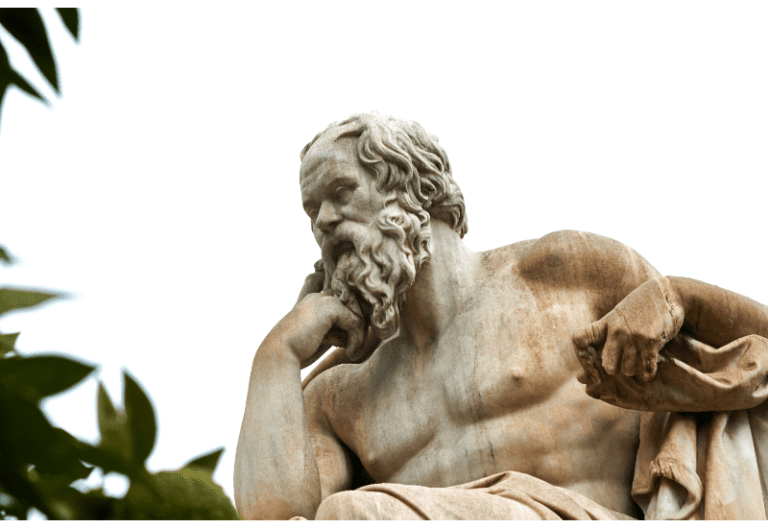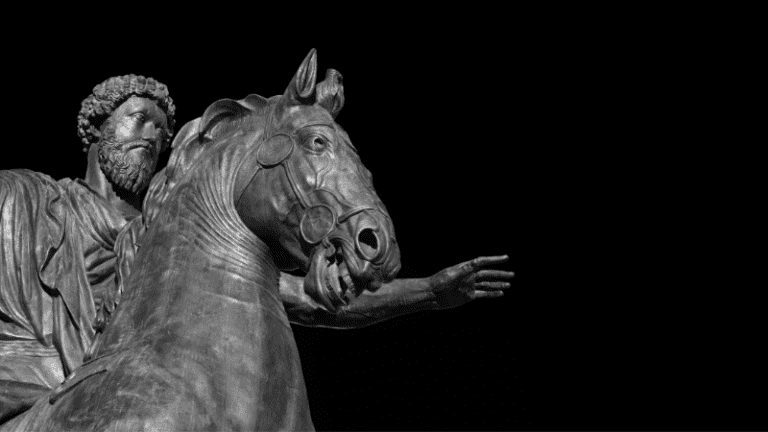Wisdom through simplicity: insights from Seneca's quote
In a world that constantly suggests that success and happiness can only be achieved through material wealth, it is worth pausing to consider the wisdom of times gone by. While money in itself is by no means bad, history often teaches us that the pursuit of material wealth alone is not the answer to a fulfilling life.
In this article, we will look at a quote from the famous Roman philosopher Seneca that offers us a valuable perspective on the meaning of simplicity and frugality.
Seneca, one of the most influential Stoics of antiquity, left us many profound insights that are still relevant today. One of his most remarkable quotes reads:
"Frugality is true wealth."
LUCIUS ANNAEUS SENECA
This quote is thought-provoking and challenges us to question our ideas of prosperity and success.
For Seneca, frugality was not just the opposite of abundance, but an active and conscious lifestyle that leads to inner peace and contentment. Frugality means being content with what you have and leaving the pursuit of more and more behind. It is a virtue that teaches us to appreciate the essentials and avoid superfluous distractions.
Seneca was convinced that true happiness does not depend on external wealth, but on inner peace and self-sufficiency. The quote reminds us that frugality, when seen as a virtue, can free us from the shackles of materialism.
And this is precisely what is often overlooked - both 2000 years ago and today:
If we have not learned to be satisfied with a little, we will not be satisfied with a lot.
Once we have understood this and mastered the art of frugality, nothing stands in the way of a fulfilled life. Regardless of how much wealth we have or don't have.
In this article, we discuss in detail why low consumption is often despised in modern society and how frugality can lead to a more fulfilling life.
So what can we learn from Seneca's quote?
Firstly, it teaches us that true happiness does not depend on how much wealth or material possessions we have. Rather, it depends on our ability to live a simple, virtuous life that focuses on inner contentment and spiritual well-being.
Secondly, it reminds us that self-sufficiency and inner peace are the most important virtues that enable us to live a fulfilled life. By focusing on our own needs and not allowing ourselves to be overly guided by external influences, we can harness our inner strength and achieve great things without losing sight of our values.
Third, it emphasizes the importance of generosity and compassion, which we can only learn if we accept the struggles and challenges of a frugal life.
Incidentally, it is important to note that Seneca's quote does not mean that we should reject luxury or wealth for its own sake. Seneca himself was one of the richest men in Rome. Rather, it is meant to remind us that wealth and materialism are not synonymous with happiness and that a simple, virtuous life can bring much even if you have access to material wealth.
It also encourages us to cultivate virtues such as humility, self-confidence and compassion, which can be the basis for a fulfilling and meaningful life.
Epictetus (and most other ancient philosophers) came to the same conclusion:
"Rich is he who is content with what he has."
Epictetus
Conclusion
Seneca's quote "Frugality is true wealth" is still relevant today, as it questions our obsession with wealth and materialism and challenges us to focus on cultivating virtues that really matter in life.
It teaches us that true happiness comes from a simple, virtuous life, where the focus is on inner contentment and spiritual well-being. By embracing virtues such as frugality, self-reliance and compassion, we can learn to appreciate what is truly valuable in life and lead a fulfilling and meaningful life.
Is there any other conclusion you draw from this quote? Let us know in the comments.







